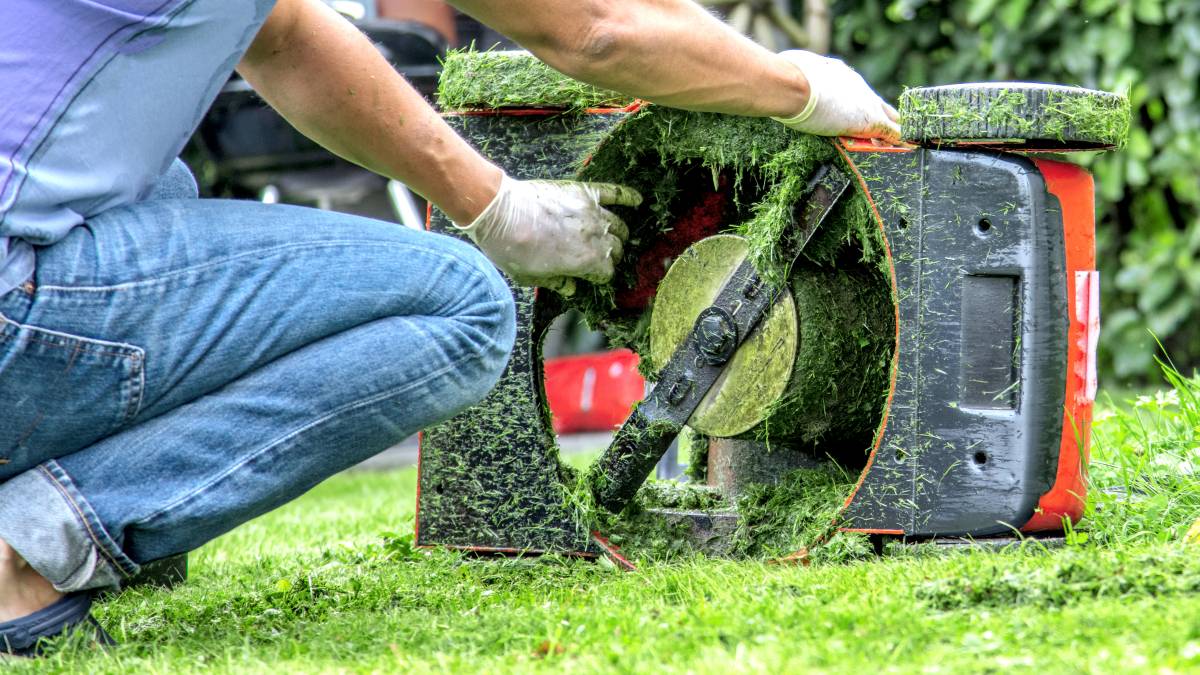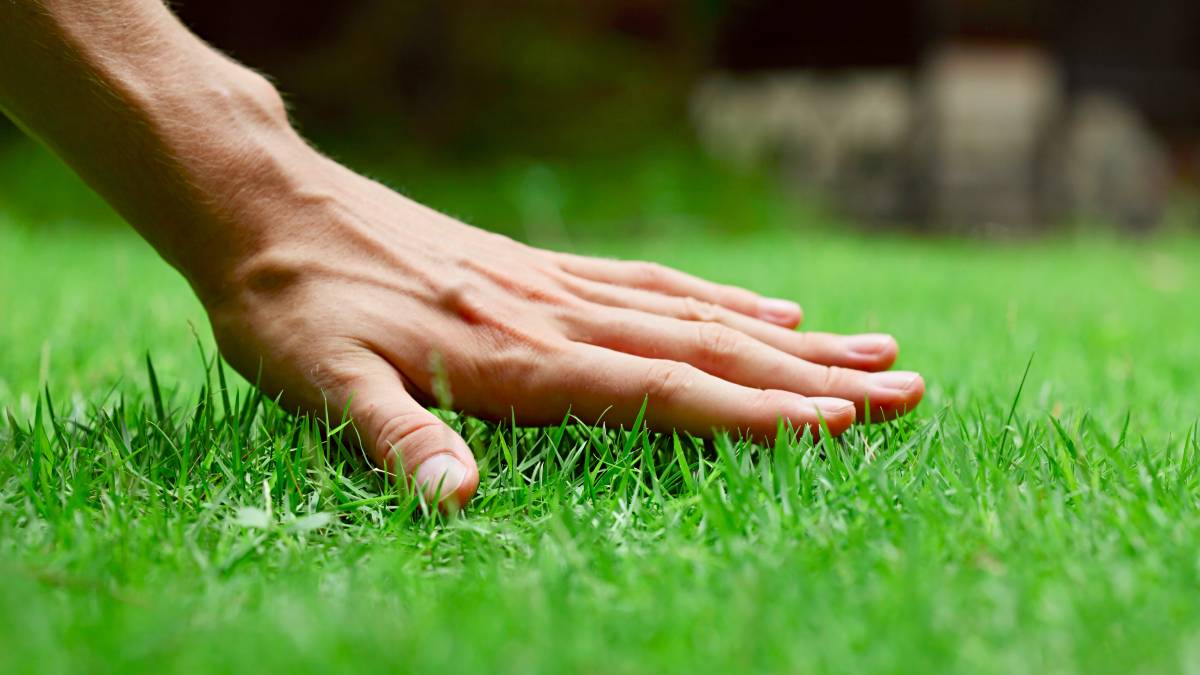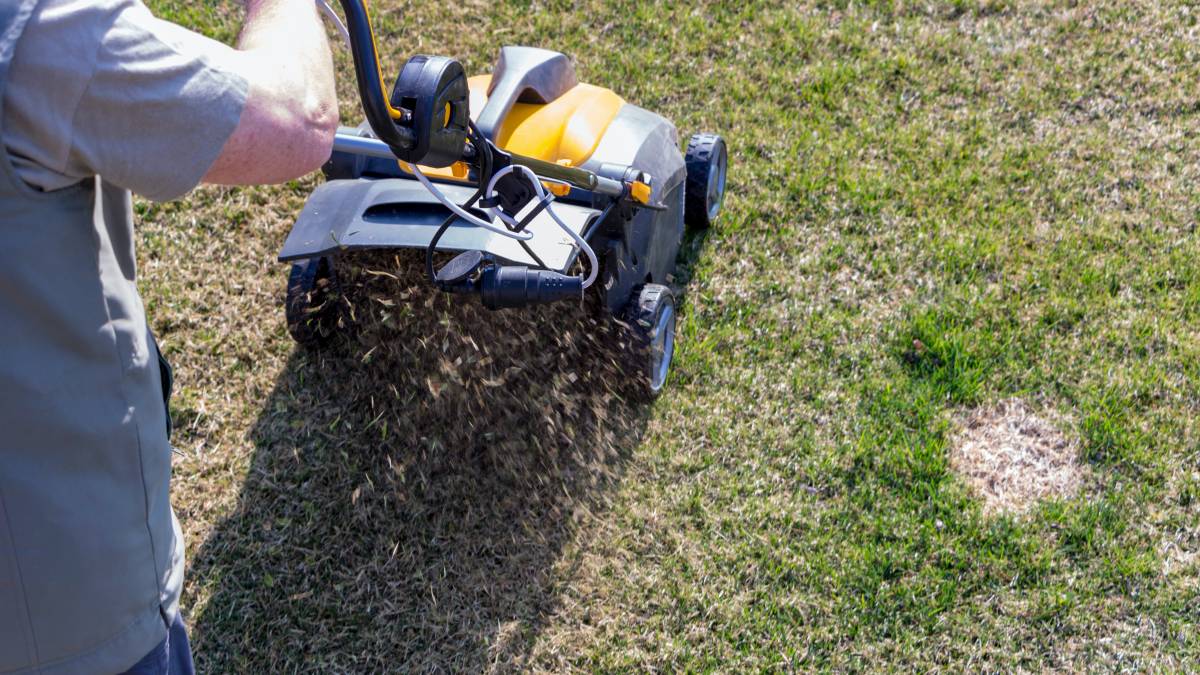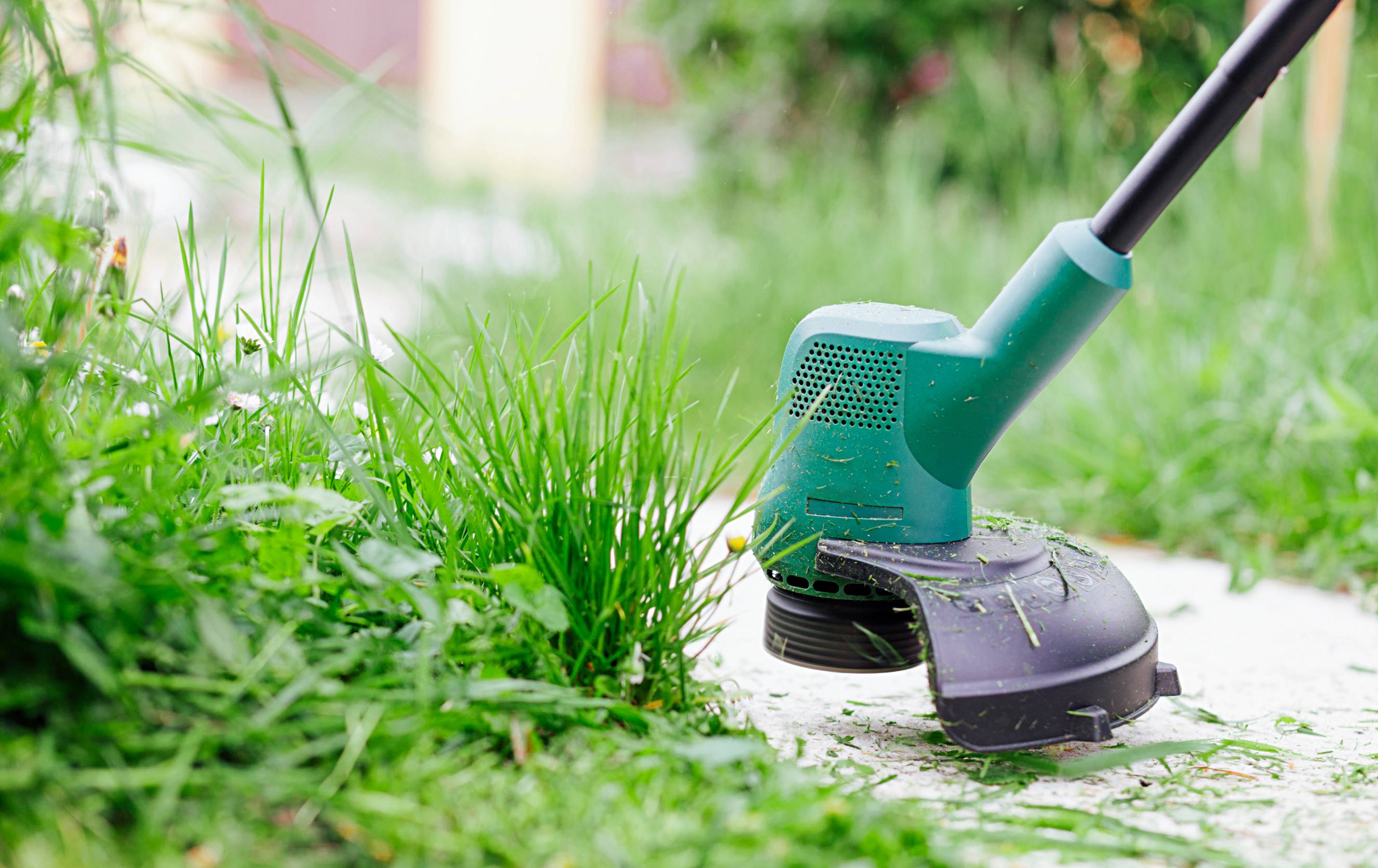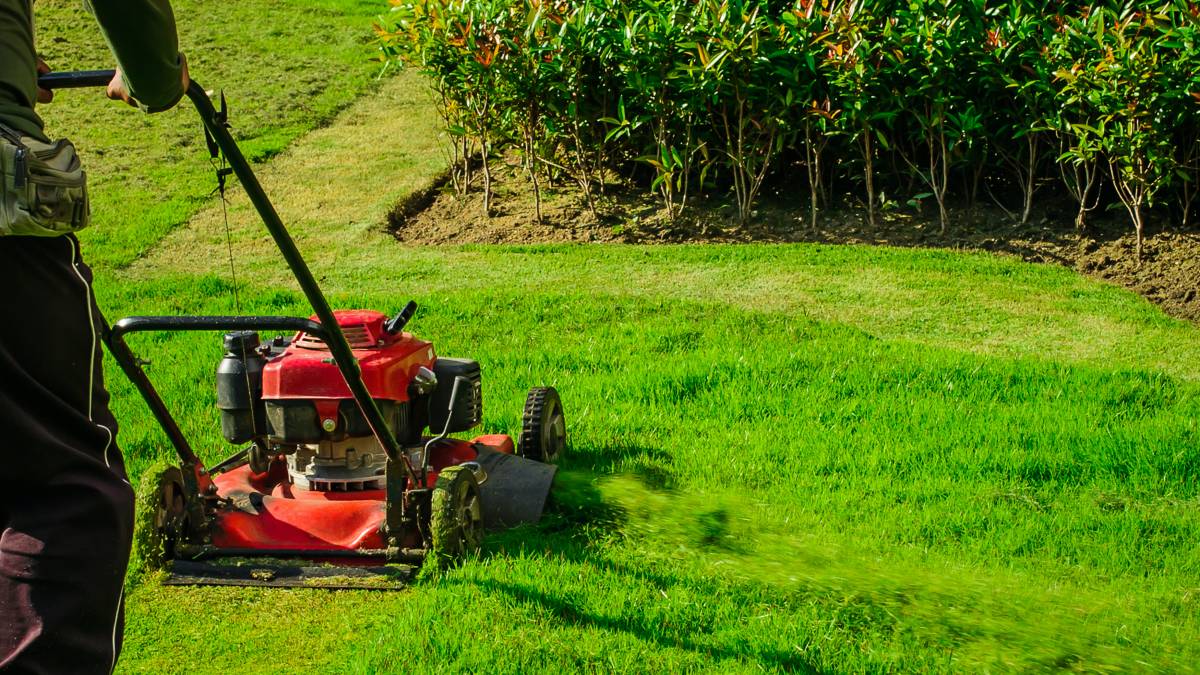
- Home/
- Costs/
- Lawn Mowing/
- Lawn Mowing Cost Guide
How much does lawn mowing cost?
Post to find a price. It's free and only takes a minute.
Average lawn mowing cost
$30 - $400
low
$30
median
$117
high
$400
Last Updated on
Key Facts
Average mowing costs in the US range from $30 to $200, depending on factors like lawn size, location, the time of year, and more.
You can save money by opting for garden maintenance packages such as mowing contracts or bundled services like weeding, mulching, etc.
Choosing a knowledgeable, local lawn mowing service provider in your area can make lawn maintenance easier, especially for first-time homeowners.
Maintaining your lush lawn all year round takes a lot of effort. So, if you’re looking to hire a professional to take care of your lawn, you’ve come to the right place. You can expect to pay anywhere from $30 to $200 for a lawn mowing service in the US. The exact cost will depend on a few factors, like how big your garden is and where you live.
This guide will explain the factors that affect lawn mowing costs, how to hire a reliable specialist, and how to take better care of turf.
What is the cost of lawn mowing services in the US?
Depending on where you live, the average cost of lawn mowing can range from $30 to $200. Here’s what you can expect to pay based on typical lawn care costs:
| Lawn size |
Average labor cost |
|---|---|
⅛ acre |
$30 to $50 |
¼ acre |
$45 to $75 |
½ acre |
$55 to $100 |
1 acre |
$105 to $200 |
2 acres |
$110 to $400 |
Do note that some specialists may have a minimum rate to account for the time, money, and fuel spent traveling to your location. The bigger your lawn and the more time it takes to mow it, the greater the labor cost.
How much does it cost to mow a lawn in my town or state?
Your lawn mowing bill can vary depending on your home’s location. More densely populated regions typically have higher average costs.
| Location |
Average labor cost per hour |
|---|---|
Texas |
$22 to $44 |
Florida |
$22 to $46 |
Minnesota |
$27 to $54 |
Washington |
$27 to $55 |
California |
$29 to $58 |
New York |
$35 to $70 |
This difference in pricing can be attributed to several factors, including local demand for lawn care services, the cost of living in each city, and the availability of providers. In metropolitan areas where competition is high. Moreover, a well-maintained lawn that is regularly mowed will typically incur lower costs than a larger, overgrown yard that requires more intensive labor and time to restore.
What other factors affect lawn mowing costs?
 An expert lawn mower at work (Source: iStock)
An expert lawn mower at work (Source: iStock)
The cost of lawn mowing depends on more than just yard size and your address. Other factors your lawn care specialist looks at include:
Grass type and condition
Grass cutting rates will vary based on the type of grass you have. There are two types of grass: cool-season and warm-season. Cool-season grasses like annual ryegrass grow quickly in the spring and fall and must be mowed weekly. Meanwhile, warm-season grasses like hybrid Bermuda spurt in the summer.
If your grass is overgrown, your lawn mowing specialist may charge a higher fee since long grass (6-12 inches in height) means more hours spent working on your lawn. Regular maintenance can prevent grass from becoming too long and unmanageable, allowing for quicker and more efficient mowing sessions.
Seasonal demand
As mentioned, the time of year affects ideal grass height and lawn care costs. Lawn mowing rates can also rise in the spring and summer, when gardeners are in high demand.
During peak seasons like spring and summer, higher demand may lead to increased rates. Conversely, in off-peak times, some providers might offer discounts to attract customers. Being aware of these seasonal trends can help homeowners budget better for their lawn care throughout the year.
Terrain and accessibility
If you have a very rocky lawn, hilly terrain, or lots of landscaping features like flower beds, it may be harder to cut the grass. Considering this, homeowners with difficult terrain should expect a higher cost of mowing their lawns due to the increased complexity involved in maintaining them.
When requesting quotes from service providers, you should communicate any specific challenges related to your yard’s terrain. This transparency helps ensure accurate pricing and allows lawn care companies to prepare adequately for the job at hand.
Equipment used
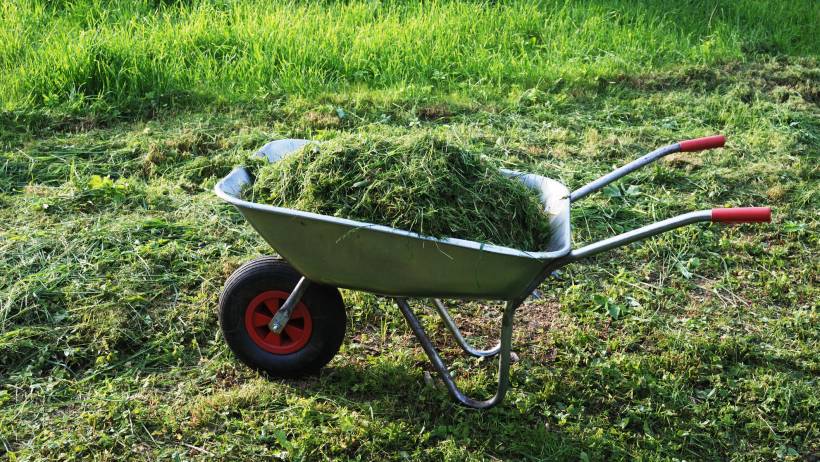 A day's worth of lawn mowing work (Source: iStock)
A day's worth of lawn mowing work (Source: iStock)
The average cost to cut grass will also depend on the equipment used. Each type of lawn mowing equipment has different uses, so your lawn mower will need to know the size of your lawn to determine which type is best for the job. Here’s a brief overview of the most common options:
Push mower
Best for: Smaller lawns
-
Advantages:
No need for protective gear
Lightweight and easy to transport
Lower carbon footprint
-
Disadvantages:
Not suitable for rough or uneven terrain
Ride-on mower
Best for: Large properties
-
Advantages:
Efficiently mows large areas quickly
Adjustable cutting heights for versatility
-
Disadvantages:
More difficult to transport
Requires more skill to maneuver effectively
Whipper snipper (String trimmer)
Best for: Edging and trimming
-
Uses:
Creates a neat finish along lawn edges
Ideal for trimming hedges and hard-to-reach areas
When hiring lawn mowing services, most will provide their equipment. But you can check if they can use your own mower to reduce costs. Just make sure your mower’s blades are nice and sharp.
Additional services
If you want to maximize the cost of lawn mowing services, you can ask about bundling grass cutting with other recurring lawn care solutions such as hedge trimming and lawn treatment. Since you’ll also need to do this regularly, a bundled service or contract can reduce garden maintenance costs.
| Service type |
Average price |
|---|---|
Lawn edging |
$2.50 to $11 per foot |
Fertilization |
$42 to $380 |
Hedge trimming |
$48 to $79 |
Choosing a package deal can often lead to discounts compared to purchasing each service individually. Understanding these options helps homeowners get the best value for their lawn care while ensuring thorough maintenance for a healthier lawn.
Business size
Average lawn mowing costs will also vary based on the lawn care provider’s business size. Solopreneurs will generally have more affordable rates than big garden maintenance companies. These bigger lawn mowing companies usually have additional costs, such as advertising, employee uniforms, and other operational costs.
When selecting a lawn care service, consider not only the price but also the level of personalized service you may receive from smaller businesses. Smaller providers can offer more tailored solutions and build closer client relationships.
Travel time
Grass trimming service costs will also depend on the lawn mowing professionals’ travel time to and from your location. This is because they’ll have to spend their workday driving out to your location and spend more on gas to carry heavy mowing equipment.
To minimize travel-related costs, consider hiring local lawn care providers in your area. This will not only help reduce expenses but also support local businesses.
How do you hire a professional lawn mower?
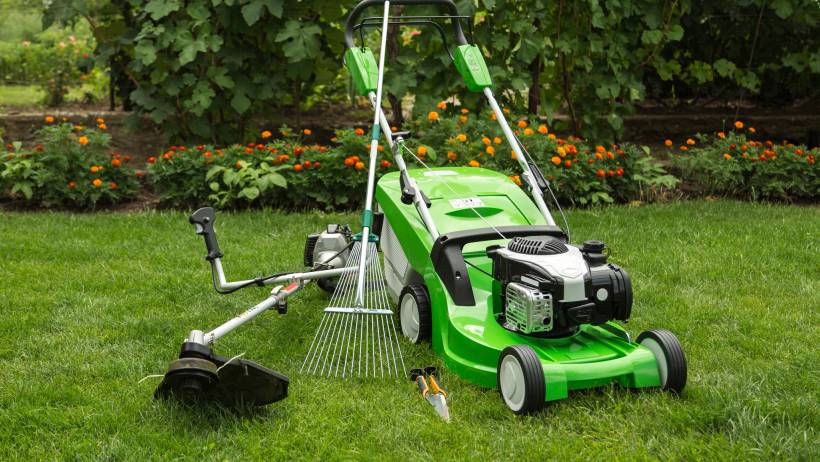 A lawn mower ready to keep any garden or yard looking its best (Source: iStock)
A lawn mower ready to keep any garden or yard looking its best (Source: iStock)
While mowing your lawn yourself is generally doable on your own, it can be quite a chore when you have a busy schedule and lack the right equipment. That’s why it can be more beneficial to have a professional lawnmower to help you out.
When looking for a professional lawn mower specialist, consider getting quotes from more than one provider to pulse-check the cost of the mowing services. This checklist can help you determine the best fit:
Canvass multiple lawn mowing price lists so you can weigh the inclusions of each provider
Opt for local lawn services for better familiarity with your seasonal needs, plus less travel costs.
Ask if they provide free quotes based on pictures of your lawn.
Check their reviews or ask for references.
See if they provide bundled lawn care services such as hedge trimming, weeding, and tree lopping or if they have contract-based plans for regular mowing appointments.
What should you know about lawn care frequency?
Lawn care frequency will depend on the type of turf you have, the season, and your desired appearance. Maintaining your lawn regularly in between mows can improve your yard’s look and lower mowing costs. Below are some tips for taking care of your lawn include:
Familiarize yourself with the lawn care calendar for your type of grass. This includes mowing frequency, when to apply fertilizer, and how to care for your yard during droughts or stormy spells.
Know how much to cut grass during the different seasons (three inches in fall and winter, four inches in spring and summer)
Practice No Mow May to allow wildflowers to grow and attract valuable pollinators.
Reduce mowing in winter to promote strong grass growth in spring.
Practice mulching since leaves and grass in plastic bags don’t decompose; leaving these on the lawn will enrich the soil.
Make sure your lawn mowing equipment is well-maintained, and have experts repair your mower if needed.
Post a task and find a lawn mowing expert near you
Lawn mowing prices can be tricky to figure out, but not for you! Now that you’re familiar with lawn mowing costs and the factors that affect them, you’re equipped to make an informed decision the next time you need to get your lawn cleaned up.
Whether you choose the DIY route or enlist a professional lawn care service, your outdoor space is poised for a transformation. Post a task on our platform to connect with local lawn mowing professionals and elevate your curb appeal.
FAQs on lawn mowing
If you’re talking about an average-sized residential lawn, the job lasts around 30-45 minutes. For a large lawn, it can take 60-90 minutes.
To prevent your lawn from overgrowing, book a mowing service every one to two weeks in summer. If you’re not sure whether a weekly or fortnightly service is better, use your judgment based on how fast it grows or ask a professional. During winter, you can reduce lawn cutting to once every four to five weeks. You might also want to have your lawn aerated. Aeration prevents lawns from looking tired when the soil beneath becomes compacted.
Your lawn grows faster in summer due to better temperatures and increased sun exposure. As part of photosynthesis, your grass depends on plenty of sunlight. Although too much will kill it, too little prevents it from flourishing. Grass growth begins to peak when temperatures rise above 10 degrees Celsius. If they dip to 5 degrees Celsius, the grass won’t grow at all.
It’s worth noting that poor moisture during hot mid-summer months reduces growth. Like sun and heat, your grass depends on a ready supply of water to thrive. If you live in an area where rainfall is poor, consider watering your lawn during hot months.
This depends on the expertise of the mowing specialist. It can go as low as $30 per hour to $200 per hour based on 1/2 acre per hour mowing speed. It’s best to ask professional lawn mowing services about their day rate or costs based on your lawn size and the condition of the grass.
A ¼ acre lawn in Florida will usually cost $22 to $46 to mow. Since it is warmer in Florida, you can expect a longer growing season here for warm-season grass. This means more frequent mowing appointments in a year.
Mowing an acre in Texas typically costs between $146 and $172. However, this can vary depending on your lawn’s health, time of year, and other factors.
Find lawn mowing, fast
Post a task
Related price guides
Related articles

